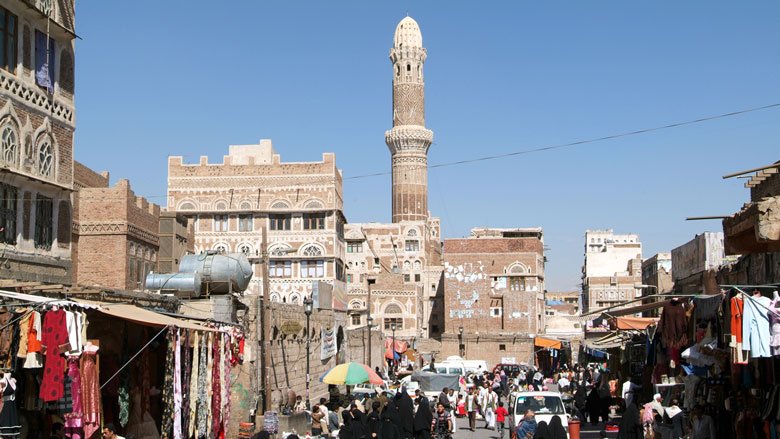The World Bank’s new report on Yemen’s economic situation, calls attention to the challenges faced by the country and the opportunities for recovery and growth. The report, titled “Yemen Country Economic Memorandum: Glimmers of Hope in Dark Times,” uses innovative and technologically advanced data-gathering methodologies to overcome data constraints and provides a comprehensive analysis of the current economic situation in the country. Before the outbreak of war in late 2014, Yemen was already a poor country with weak governance that had recently sustained a series of economic and political shocks. The war has shattered the country’s already fragile economic equilibrium, touching upon every aspect of life in Yemen. The compounded shocks of the COVID-19 pandemic and rising global prices have only deepened the economic and humanitarian disaster precipitated by the war.
The report acknowledges that working in situations of fragility, conflict, and violence is a complex challenge, and Yemen is no exception. However, it highlights the potential for long-term growth in Yemen and is designed to inform the efforts of policymakers and other stakeholders as they build the foundation for this future.
Yeen’s immediate future remains uncertain, and the path to robust and inclusive growth is extremely narrow, but with ground for some qualified optimism. Despite the complexity of the conflict, the ongoing struggle for control of the economy, and the sheer scale of Yemen’s humanitarian crisis and economic deterioration, there are reasons for qualified optimism. One of Yemen’s most promising latent assets is its class of entrepreneurs, who have survived decades of political and economic turbulence. Yemen is surrounded by high-income markets that share cultural ties and import most of their consumption goods. Given peace, stability, and adequate investment, the combination of a resilient private sector and a range of viable export markets could enable a broad-based recovery led by agro-processing and light manufacturing.
Yemen’s political economy is highly volatile, and social and political fragmentation may persist into the post-conflict period. While a peace agreement would be a critical step towards recovery, it would not guarantee a return to macroeconomic stability. Beyond an end to the war, an increase in hydrocarbon production, the reopening of the country’s main transport routes, and better integration in regional and global trade markets would all be vital to renewed growth. In addition, the international community’s cooperation, assistance, and continued presence in Yemen will be critical to support recovery and reconstruction.
- Yemen Country Economic Memorandum: Glimmers of Hope in Dark Times- 2023 (Full Report in a PDF Format)
